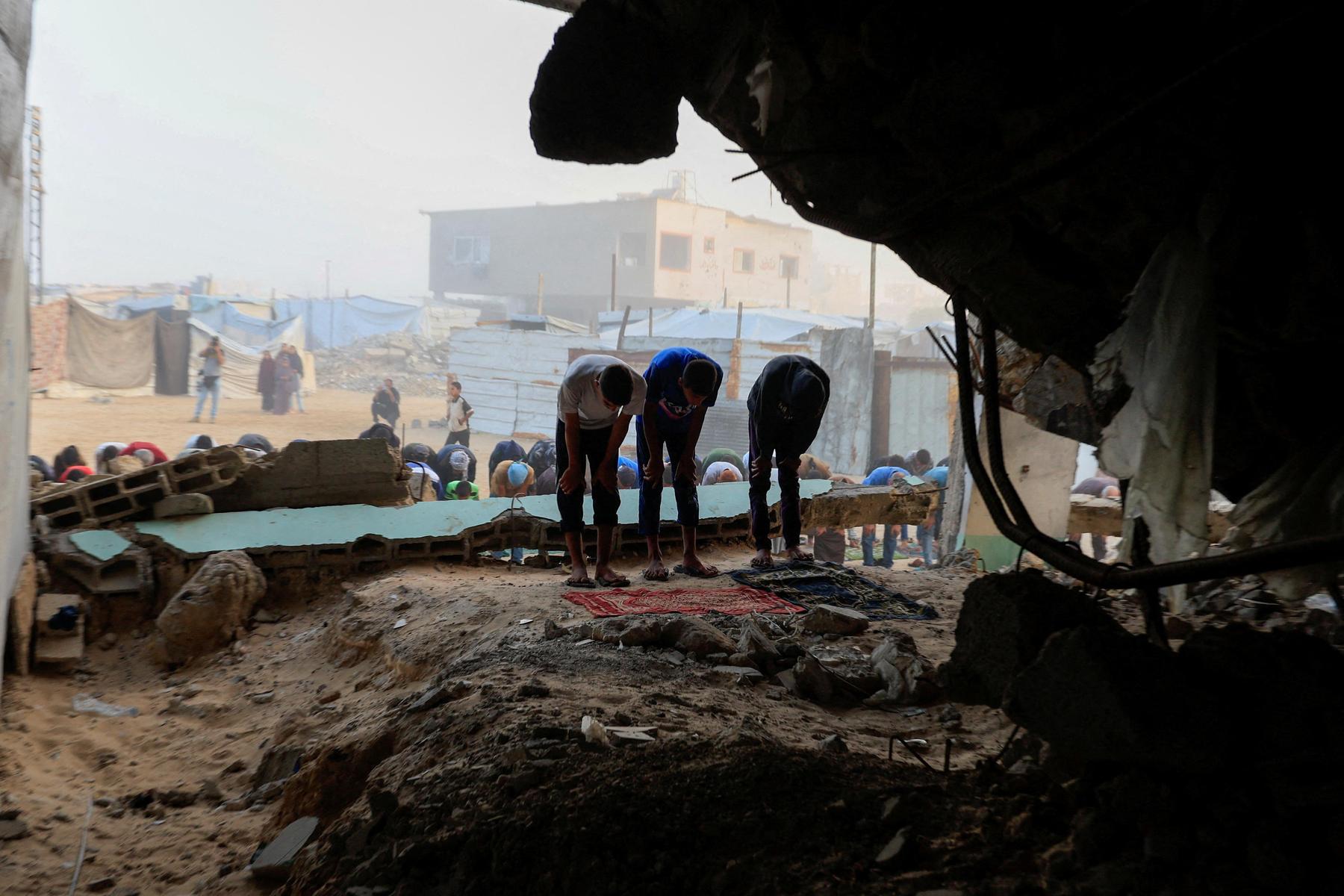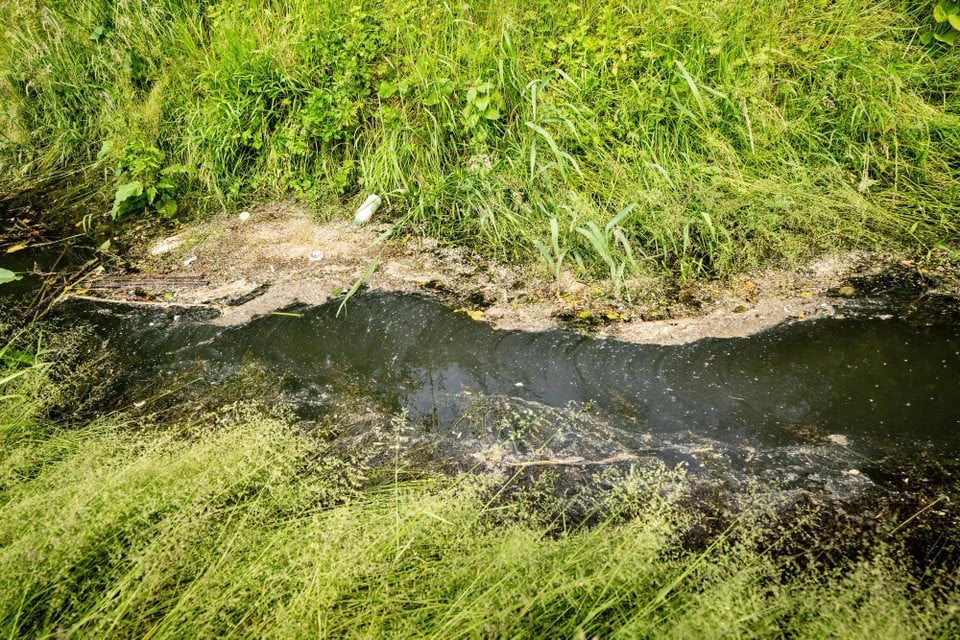What does NRC think | Even in times of geopolitical landslides, action on climate change remains important
:format(jpeg):fill(f8f8f8,true)/s3/static.nrc.nl/taxonomy/bf9b707-commentaar-itemafbeelding-2024.png)
Every warning is one. That is why it is good that the European climate service Copernicus will be back this week annual State of the Climate has released. Even though the report is full of facts that have already been published in the course of 2024, it is in conjunction A disturbing list. It remains desperately needed, especially in Europe, where the pace of climate change is twice as high as in the rest of the world.
Compared to the enormous consequences of wars and the geopolitical landslides of the moment, the problems of climate change sound abstract and relatively modest. The glaciers in Scandinavia melt quickly, writes Copernicus – it will. Precipitation patterns become more unpredictable – oh yes, difficult for farmers. There are more heat waves – well. The number of frost days is declining rapidly – if all that is.
But behind those abstract weather events, human dramas are hidden. Such as in Enschede, where residents of the Pathmos district suddenly had to leave their house last summer after a fowl above this old working -class neighborhood All his water had discharged in a short time. The damage appears to be so great that the houses should probably be demolished. Simply because of an extreme mood that could also have fallen twenty, fifty or a hundred kilometers away.
The Copernicus report reports that the number of tropical nights is increasing. In Greece there were even 55 more than usually last year. Then the heat can no longer be escaped. The disturbance that causes this not only leads to fatigue, says A scientist from the University of Reading. « It affects the cognitive function, weakens the immune system and can worsen heart and vascular problems- especially dangerous for the elderly, babies and people with underlying health problems. »
The economic consequences of climate change are also increasing. Last October the European Environment Agency calculated that between 1980 and 2023 weather and climate-related events for 738 billion euros in damage caused damage. About 22 percent of that, 162 billion, in the last three years.
It should make politicians think. But unfortunately there is little that points to that. Climate policy no longer has a priority for the current European Commission. The German MEP Peter Liese (of the EVP, the largest party in parliament) is in favor of an « effective protection of the climate », but not at the expense of industry. As far as he is concerned, the committee should not fix itself too much on a too precise reduction goal for 2040. Politicians who say that usually want the goal to disappear.
In the Netherlands too, urgency for climate policy is hard to find. The not even very ambitious goal for 2030 is almost certainly missing. And the spring memorandum shows that the climate fund will be used to lower the energy tax.
According to new research by the Social and Cultural Planning Office, a majority of the population think that the government should do more. Although people are thinking about reward (subsidy for home insulation) than punishment (a meat tax), and there is more support for adaptation to climate change than for the prevention thereof.
And so Copernicus will also be in next year European State of the Climate have to repeat his warning. The first dates are already ready: March 2025, the Warmest March ever was measured in Europe.

:format(webp)/s3/static.nrc.nl/images/gn4/stripped/data133212425-ae69bf.jpg)
:format(webp)/s3/static.nrc.nl/bvhw/files/2019/08/web-1708zatwongjpg.jpg)
:format(webp)/s3/static.nrc.nl/images/gn4/stripped/data132512191-bf7b93.jpg)




